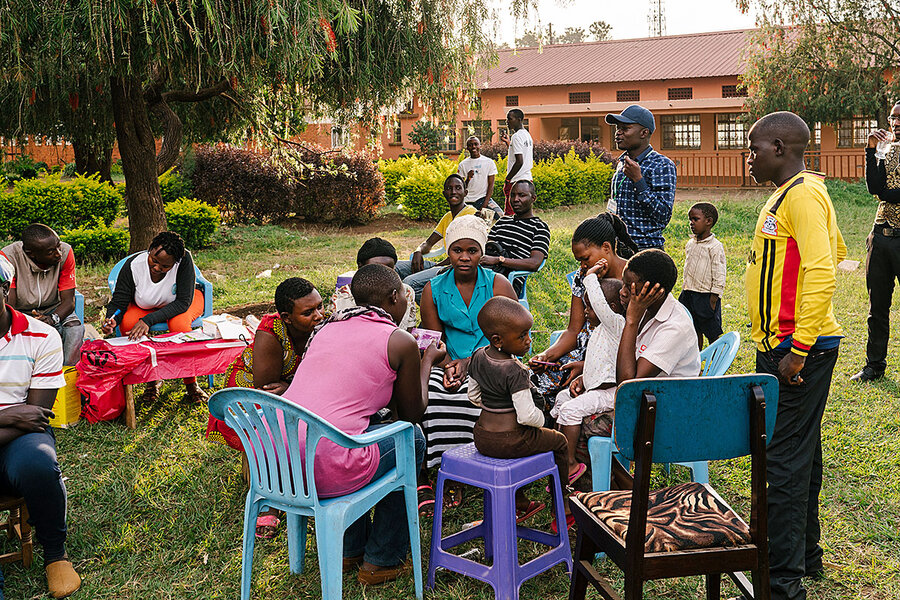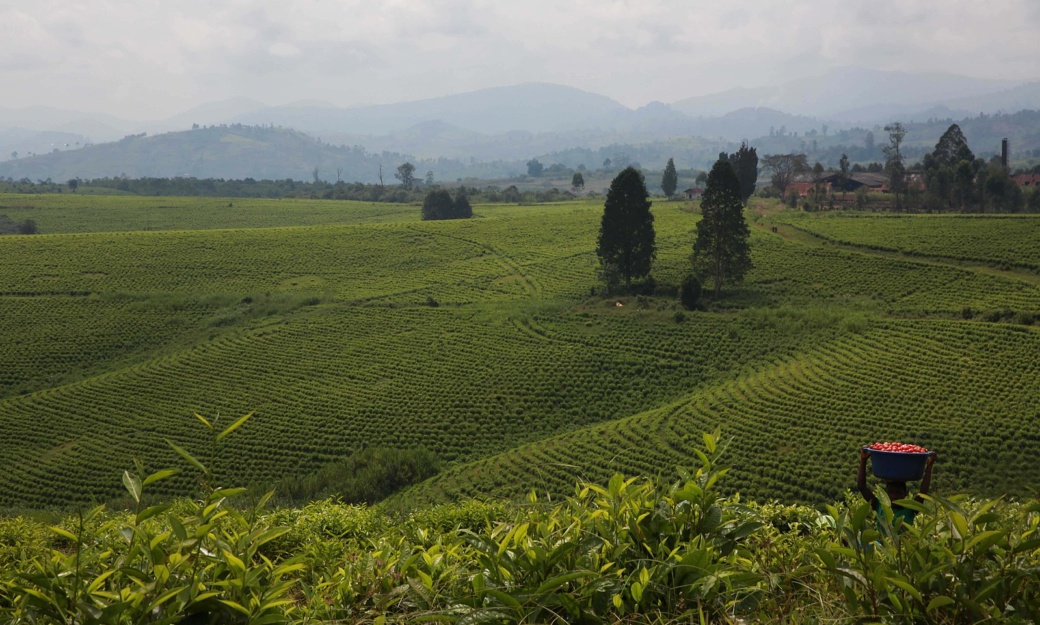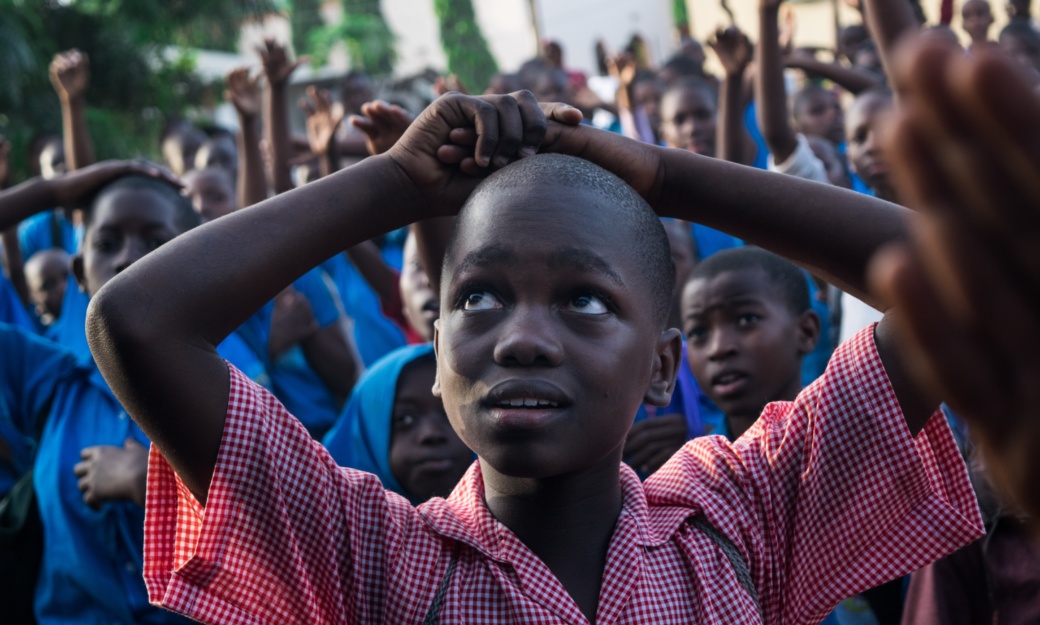
Jake Naughton
A surprising turnaround for LGBT Africans in a most unlikely place
Since 2009, Uganda has made international headlines as one of the world’s most dangerous places to be gay or transgender. That year legislators and religious leaders first championed an anti-homosexuality bill to criminalize gay sex and marriages, even if they take place abroad, and obligate Ugandans to report them. “Aggravated homosexuality,” including repeated offenses, was to be punished with death – later amended to life in prison.
And yet, today many rural LGBT Ugandans are finding ways to fit into traditional family and community structures – and without always having to entirely hide their identities, either. Rural Ugandan towns might be the last place you’d expect to see LGBT acceptance. Cities are often assumed to be more tolerant, where strength in numbers allows people to advocate together.
But in places like Mbale, where neighbors all know one another, prejudice is often no match for personal relationships. By adapting to, rather than rebuking, traditions and societal norms, some rural LGBT Africans are achieving a level of tolerance that just a few years ago seemed unthinkable.
Read: The Christian Science Monitor


